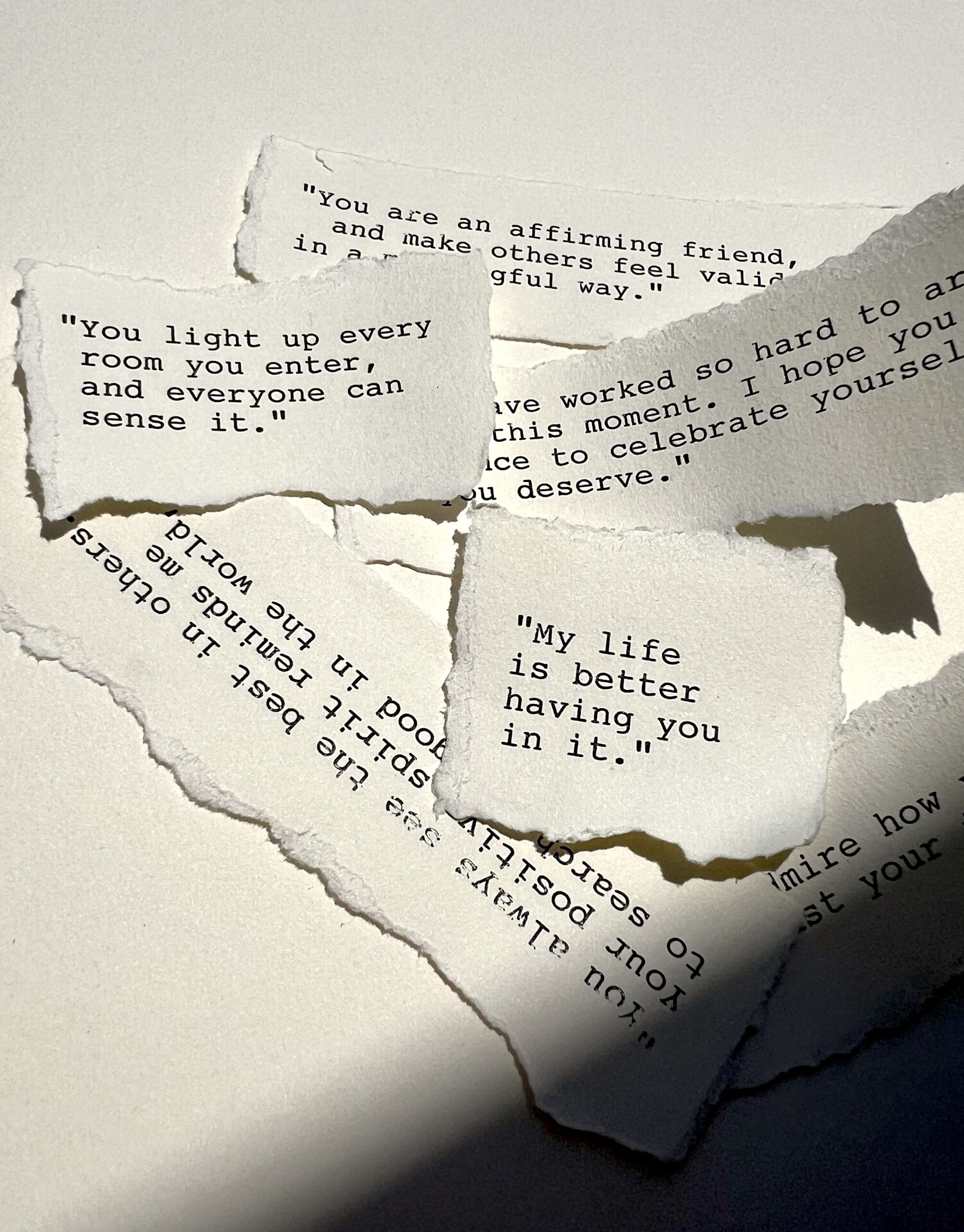
Why It’s Okay To Be Awkward (Even At Work!)
I was in a Zoom meeting with colleagues recently, where the meeting’s leader was sharing some data that was less than convincing. In a private chat message to a coworker, I playfully wrote, “Weak sauce!” and hit send. Except it wasn’t a private chat message. It went to everyone. Including the meeting leader.
CRINGE.
We’ve all been there. Whether it’s calling someone the wrong name, burping during a status update, or spilling coffee all over your crush from accounting, awkward moments make us all want to melt into the floor. But what if instead of cringing, you embraced the awkward with open arms? What if you realized not only is it okay to be awkward at work, it can actually benefit your career?
“What if you realized not only is it okay to be awkward at work, it can actually benefit your career?”
Join the Awkward Army
Let’s start with this universal truth — everyone has awkward moments, even the most confident and polished people you know. Did you accidentally send a “Love you!” text to your boss? Awkward. Your coworker tripped over her own two feet while walking down the hall? Awkward. You blanked on the name of your most important client in front of the CEO during your first week? Unbelievably awkward. But you’re not alone. Consider yourself an official member of the Awkward Army, a supportive community that celebrates our cringe moments and shared humanity instead of tucking those moments away. Some of your fellow members include:
- The ultra-sharp manager with toilet paper stuck to her shoe all day
- The VP who replies “You too!” when the barista says “Enjoy your coffee!”
- The coworker who waves back at someone behind them
- The intern who calls the CEO “Mom”
These natural and human moments are born from life’s inherent uncertainty, and to avoid awkward moments means cracking the code on avoiding uncertainty all together. We’ve all been in your shoes, and simply knowing that everyone else can relate will help you recover from your next awkward moment faster. Being a member of the Awkward Army means finding solace, support, and a lot of laughter in our shared experiences, instead of feeling alone in them when they inevitably happen.
Separate Emotions From Evidence
After an awkward moment, our minds often go straight to catastrophe mode. “Now my coworkers will think I’m a total embarassment and my career is ruined!” our inner critic screams.
“Social science tells us that most of the time, people are too busy worrying about their own blunders to deeply notice yours.”
In these moments, it’s helpful to stop long enough to separate the evidence from the emotion. Social science tells us that most of the time, people are too busy worrying about their own blunders to deeply notice yours. Psychologists call this the “Spotlight Effect” — we overestimate how much people focus on our flubs.
The next time awkwardness strikes, take a breath and reality check your inner critic:
- Is it really as bad as I think?
- How would I react if my coworker did this?
- What’s the worst (realistic) outcome here?
Pausing long enough to reality-check the situation and ask yourself some questions helps you regain some needed perspective. It’s likely not as big a deal as your emotions claim. That time you picked up a phone call from Aunt Mia during a Zoom meeting and realized you weren’t on mute? Yes, embarrassing. But will it change how Malik from accounting views your strategic thinking skills? Doubtful.
Take Small Steps (With Room for False Starts)
Now that you’ve joined the Awkward Army, it’s time to get a bit more familiar with this emotion. Awkwardness is an emotion of discomfort, but it’s unique in that it’s a social emotion – we only feel it in front of other people. Improving our awkward tolerance begins with strengthening our social muscles. Start small by allowing yourself to make minor goofs in front of other people:
- Keep your phone in your pocket in the supermarket checkout line and say hello to someone
- Say something silly in a meeting even if it gets a few blank stares
- Make a corny joke even if it only gets a polite chuckle
- Fully own up to mistakes rather than downplaying them
- Ask “dumb” questions rather than staying confused
By avoiding risks out of fear of how we’ll be perceived or fear of embarrassing ourselves, we hold ourselves back. Leaning into awkwardness builds confidence and resilience over time. With repetitions, you realize those “awkward” moments weren’t so bad, and in fact, are key to helping you grow.
It’s natural to have some false starts. Maybe you’ll overshare on a video call or make one too many dad jokes. That’s okay — it’s all part of the process. Reflect on what you learned and aim higher next time. Growth comes from trial and error.
Awkward Isn’t All Bad
Once you embrace awkwardness, you’ll start to notice the upside. Recent research found awkwardness has workplace benefits:
Awkwardness shows authenticity. Your humanness makes you more relatable. As long as you are generally seen as someone smart and capable, research finds that people find it refreshing to see your whole humanity — blunders and all — instead of a version who is overly polished.
Awkwardness builds deeper connections. Opening up makes you more approachable. Coworkers can relate to your shared quirks. Remember, this is everyone’s emotion, and sharing these moments with another actually accelerates our connection and moves us back to a more relaxed, creative state.
“When used quickly and strategically, humor in an awkward moment becomes a shared moment of lightness.”
Awkwardness adds levity. According to researchers, a touch of lighthearted awkwardness makes you seem more confident and competent, especially when you can handle the moment with a laugh. Laughter unites us, suppresses the release of cortisol (the stress hormone), and sparks the release of oxytocin which promotes social bonding. When used quickly and strategically, humor in an awkward moment becomes a shared moment of lightness.
The next time you stick your foot in your mouth or have a klutzy moment, go easy on yourself. See it as a chance to build camaraderie and resilience. Share your most awkward moment in the comments!
Henna Pryor is a renowned Workplace Performance Expert, TEDx and keynote speaker, and author. She’s known for her science-backed approach to elevate high achievers and skyrocket risk-taking at work, and her award-winning book, Good Awkward, is out now.




